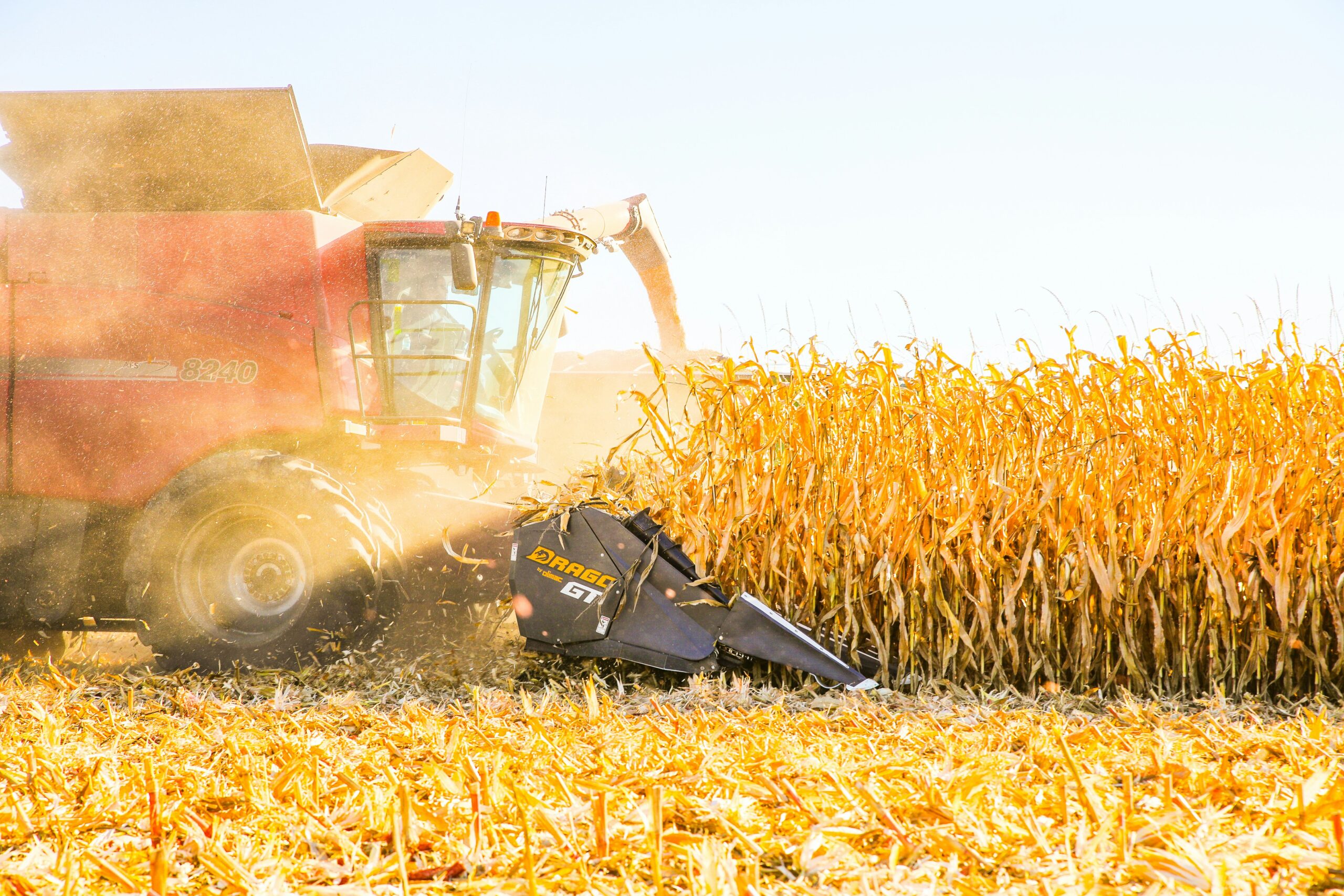Uzone.id – Have you ever stopped to think about the packaging of everyday products? Most of it is made from non-biodegradable materials that harm the environment, but the tides are turning as sustainability takes center stage.
With growing awareness about plastic waste, the packaging industry is transforming remarkably by turning to agricultural waste as an alternative. Industries like farming, which form the backbone of many economies, generate tons of organic waste—corn stalks, fruit peels, rice husks—that often end up as garbage in landfills.
What if this so-called waste could be turned into something useful? For example, sugarcane bagasse and corn husks can be repurposed into biodegradable packaging that naturally decomposes. With some innovation, these materials can be used to create everything from food containers to beauty product packaging.
This approach not only tackles the issue of plastic waste but also gives new life to agricultural by-products, benefiting the environment, local communities, and the global economy. It’s a win-win solution: reducing our reliance on plastic and finding value in what was once considered trash.
Brands and Countries Pioneering Change
Some brands and countries are already leading the charge. For example, the Indian company Ecoware creates disposable plates, bowls, and glasses using wheat waste and rice husks. These products are fully biodegradable, breaking down within 90 days after use.

In Indonesia, the startup Evoware uses seaweed to produce food packaging that’s not just biodegradable—it’s also edible. Other innovative examples include shopping bags made from pineapple leaves and food containers crafted from sugarcane bagasse. By adopting these sustainable practices, companies reduce plastic waste and provide new opportunities for local farmers.
It’s a glimpse of a future where what we throw away becomes part of the solution, not the problem.
On the other hand, Denmark, a leader in sustainability and renowned as one of the world’s greenest countries, has developed a technology that converts wheat straw into food packaging. This innovative solution offers an eco-friendly and energy-efficient alternative to conventional packaging materials.
Big corporations like Coca-Cola and Starbucks have begun to use packaging made from plant-based materials as part of their commitment to sustainability. In Europe, the government has issued strict regulations regarding the usage of single-use plastics, encouraging manufacturers to look for more ecologically friendly alternatives.
Economic and Environmental Benefits
The use of agricultural waste as the basic materials for packaging has had considerable positive benefits, some of which include:
- Reduction of Carbon Emissions: Research found that agricultural waste-based packaging production processes can reduce carbon emissions by up to 70% compared to conventional plastic.
- Increased Farmer Income: Agricultural waste may be sold as raw material once useless. For example, farmers in India selling rice husks for packaging might increase their revenue by up to 15% every harvest season.
- Reduce Plastic Waste: Indonesia generates 64 million tons of waste every year. Changing to agricultural waste packaging can significantly reduce those numbers.
- Energy Saving: Biodegradable packaging uses 30% less energy to produce than traditional plastic, making it a more cost-effective solution in the long run.

Challenges and Opportunities
Although agricultural waste packaging holds great potential, we need to be aware of some of the challenges we may face, such as the need for clear quality standards to ensure the safety and quality of the packaging. The availability of consistent, good-quality agricultural waste also needs to be ensured. Last but not least, the initial production to build the agricultural waste processing facility is quite high.
Packaging from agricultural waste is a revolutionary move toward a sustainable future. With the right support, this innovation could become a new standard for the packaging industry, turning trash into treasure and benefiting many people and sectors.
















